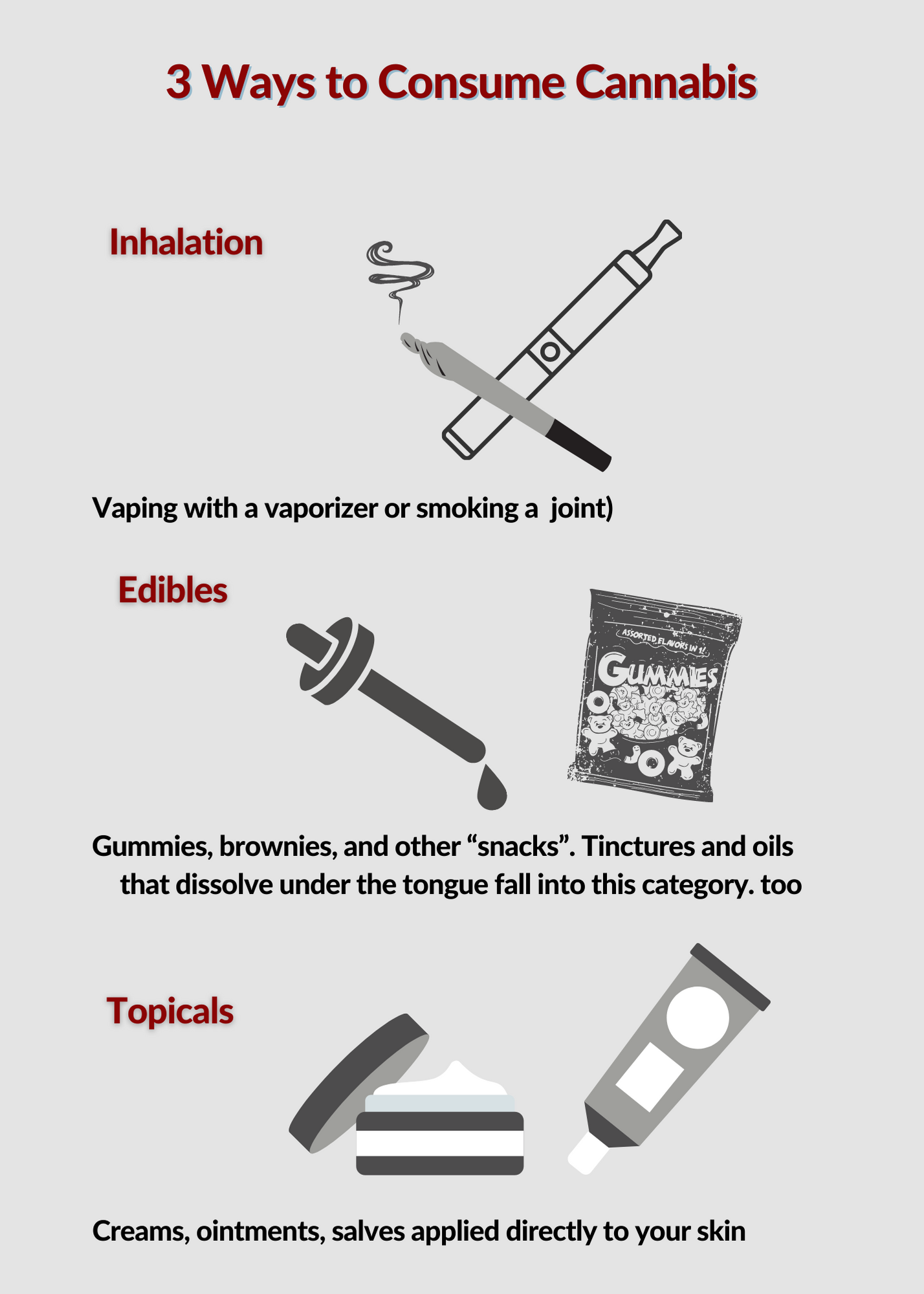
Colorado hemp has a bright future and is an emerging industry. The state allows hemp cultivation for recreational and industrial purposes. However, the plant must contain less than 0.3 per cent of tetrahydrocannabinol. This is the psychoactive compound found in marijuana that gives you a high.
The crop has been thriving in the Centennial State, where more than 2,600 licenses have been issued since its implementation under the 2014 Farm Bill. According to Hemp Grower magazine's analysis, Colorado hemp acreage will surpass the national average by 2020.
Colorado Hemp Growing Guide
Colorado Department of Agriculture is required to register farmers in order to grow industrial hemp. Farmers must also submit samples of the crops to be tested and inspected by inspectors. The state maintains a Hemp Online Portal in Colorado, known as HOP. This portal allows registrants to submit their applications, and receive notifications when they are approved for hemp cultivation.

Colorado's hemp farmers will see an average yield of 100 to 300 pounds per acre in the dry season, and 200-300 pounds in the wet. Hemp can withstand drought and doesn't need to be watered as much as other crops. Koontz says Colorado's climate makes hemp a great choice because it can survive in the mountains.
Hemp Seeds in Colorado are Certified
The Colorado Department of Agriculture has created a strict seed certification program, so only seeds that meet the standards are allowed to be sold in the state. These seeds have undergone a variety review to ensure they do not contain high levels of THC or are genetically modified.
Mile High hemp seeds
Colorado Hemp Project, located in San Luis Valley, grows and supplies hemp fiber and seeds. It is home to more than 4,000 acres of hemp cultivation in Colorado. In California, it also has greenhouses with approximately 500,000 square feet.
Hemp is a great option to improve soil health because it requires less fertilizer than other crops, and requires minimal water. Dani Fontaine Billings founded the company. She has been growing hemp in her backyard for over a ten year and helps farmers make the most out of their land.

She's also helped develop the Hemp Industries Association (HIA), a trade organization of hemp producers, distributors and businesses. She has a long list clients who have purchased products containing hemp-derived proteins, body care products, and other products.
The Hemp Project has a variety products to offer, including pet food, personal care and white label as well private label services. It is also an agency that offers hemp consulting and a fiber and seeds supplier.
Patagonia and Wright-Oakes farms are both involved in the hemp project. The clothing company started testing hemp fiber last year and began to work with the farm. The company hopes to sell workwear made from the fiber within the next few years, perhaps as early as 2023.
FAQ
How can CBD products be promoted in a legal manner by CBD companies?
The FDA does not regulate hemp as an agricultural commodity. The Controlled Substances Act governs all other cannabis derivatives, such as marijuana. CBD is not covered by any regulations.
CBD is legal in 29 states. However it is still illegal under federal law. Businesses looking to sell CBD products are left in uncertainty.
The FDA has strict guidelines regarding how CBD products can be promoted. The FDA requires that all CBD products clearly disclose their THC content. Without scientific evidence supporting this claim, CBD cannot be used to treat certain medical conditions.
Additionally, the FDA requires manufacturers submit information about manufacturing practices and quality control. To prove safety and effectiveness, they require that companies conduct clinical trials.
These factors are crucial for companies to consider when developing their marketing strategies.
Is CBD growing?
The answer is yes! And this growth is expected to continue into the future as legalization spreads across North America. Canada is the only country that has legalized recreational use of cannabis. Many states have also passed medical marijuana laws.
This trend will likely continue for at least another decade as more states pass legislation allowing access to medicinal marijuana.
Legalizing marijuana is also a good economic decision. Legalizing marijuana has many other benefits.
It could, for example, help lower crime rates by decreasing the availability of illegal drug. It could also generate tax revenue for the government.
As more people turn to legal weed, they may also choose to consume less alcohol. This would result in fewer hangovers, and lower healthcare costs.
People with chronic pain may also find marijuana to improve their quality life. Many believe that THC (the active ingredient in marijuana) helps to relieve the symptoms of nausea and muscle spasms associated with chemotherapy.
A lot of people believe that marijuana is a good option for treating anxiety and depression. In fact, some studies suggest that marijuana can even treat schizophrenia.
Even though the CBD industry looks promising, there are still many challenges to be overcome.
What are the best ways to use CBD?
CBD can be used as an alternative to anxiety treatment. You can also use CBD to treat anxiety, pain, insomnia, epilepsy and inflammation.
CBD can be consumed in many different ways. You can eat foods containing CBD, drink CBD tinctures, vape CBD e-liquids, apply CBD creams and salves, or even put CBD drops under your tongue.
There are many benefits to consuming CBD. It has been shown to help people suffering from chronic pain, PTSD, anxiety, and more.
Statistics
- HR −16 mmHg; 95% CI −26, −6; I2 = 92%) (ncbi.nlm.nih.gov)
- CBD seems unlikely to directly influence sleep in healthy humans [115] (and maybe “sleep-promoting” in those with certain comorbid conditions) (ncbi.nlm.nih.gov)
- OralWhere HED is the human equivalent dose, and Km is a correction factor estimated by dividing the average body mass (BM) of the species (60, 0.020, and 0.150 kg for 11 humans, mice, and rats, respectively) and by its surface area (see: Nair et al. (ncbi.nlm.nih.gov)
- however, one study also found that these effects were virtually abolished when the original media (a nutrient broth agar) was replaced with one containing 5% blood (increasing the minimum concentration to ~160 μM CBD) [179]. (ncbi.nlm.nih.gov)
- While the primary injury may not be treatable, interventions that attenuate secondary sequelae are likely to be of benefit [203].Only one study (ncbi.nlm.nih.gov)
External Links
How To
What are the major issues facing the CBD industry in general?
The market for CBD products continues to grow at an amazing rate. Businesses looking to get into this market face many obstacles. There are many challenges facing businesses looking to enter this space, including low consumer awareness, high costs of entry and limited access to capital.
Many people are not aware of what CBD is, or how it functions. This means that they cannot make informed decisions about whether or not to buy CBD products.
Many CBD companies depend heavily on word of mouth marketing. This is expensive because it requires paying for advertising and hiring staff to promote their brand.
Another problem for new entrants to CBD is the high price of production. CBD products can be very costly because of the cost of the raw materials. For example, hemp needs to be grown in specific climates and soil types before it can be processed into CBD oil.
Growing enough hemp to make CBD oil takes around $1,000 per acre. Many small farmers can't afford to begin.
A lack of capital access is another problem that CBD market newcomers face. Banks discourage many people from starting a business because of the stigma attached to this industry.
Last but not least, there is regulatory uncertainty regarding the sale and distribution of CBD products. There are no established guidelines regarding the marketing of CBD products.
Despite some states having passed laws restricting the sale CBD products, this is not yet a national policy.
Only Nevada and Maine have so far legalized recreational marijuana.
Massachusetts and Michigan have considered similar measures.
These changes could cause increased competition among CBD manufacturers.
Many entrepreneurs prefer to work at home over starting a business.